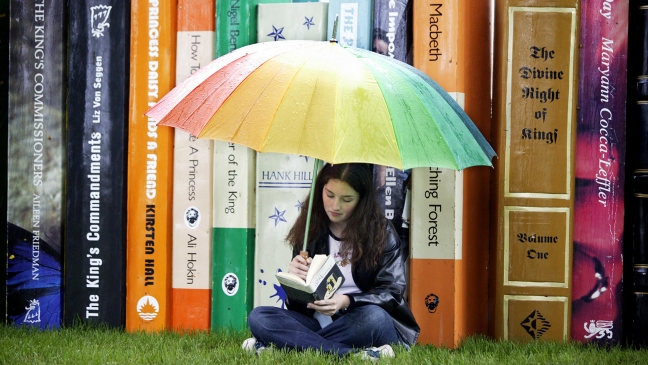There is no dip in reading levels between Year 6 and Year 7. That’s one of the most important implications from a recent study on teenage reading by researchers Jessie Ricketts and Laura Shapiro.
The children in the study made the same progress during the summer holidays between Year 6 and Year 7 as they did during the summer holidays between Year 5 and Year 6.
However, there was one interesting difference: there was a change in the amount that children reported they read outside school, in their own time, for themselves. Between Year 6 and Year 7, there was a decrease in what Ricketts and Shapiro refer to as “leisure reading”. This is concerning, as research has shown that volitional reading is essential to supporting reading proficiency.
Other studies seem to suggest that leisure reading picks up again once students move into key stage 5. But what is it that happens in the first years of secondary school to lead to the initial decline?
We know from the work of cognitive neuroscientist professor Sarah-Jayne Blakemore and others that children go through an intensive period of brain development around the time they move into secondary school. During this time, they have a need for social interaction and acceptance by their peers. Blakemore suggests that peer influence is, at this point, far more important to teenagers than the voice and experience of parents and teachers.
Perhaps, then, harnessing the voice of the peer group could be a powerful way to encourage leisure reading. But how might we go about this?
Over the past two years, I have been working with a group of colleagues on a project that provides a potential model. Called Igniting Reading, it aims to explore how we can embed research around reading for pleasure into classrooms from nursery to Year 6.
During regular sessions, we collectively explored the research and developed different ways of implementing it in the classroom. For example, we looked at how using rich texts could be a starting point for children to explore the world, and the issues that are important to them. One of the many powerful outcomes was an exhibition of the children’s creative responses to text on display in the local town library - including their own “BookTok” collection, which saw them record short videos of themselves talking about their favourite books. Of course, the videos were only available for their peers to access and not the general public.
From September, we’ll be extending the project to work with colleagues in KS3. It will be fascinating to be able to share the research with them and consider how we can adapt and develop approaches that are acceptable, accessible and adoptable to the secondary school context and the young people themselves.
And, given what we know about the power of the collective voice of pupils, we will certainly be thinking about how we can harness this to encourage all to read more and become part of a new reading generation.
With thanks to Donna Lewis, Helen Scott, and the primary reading leads of The Fallibroome Trust.
Megan Dixon is a doctoral student and associate lecturer at Sheffield Hallam University





